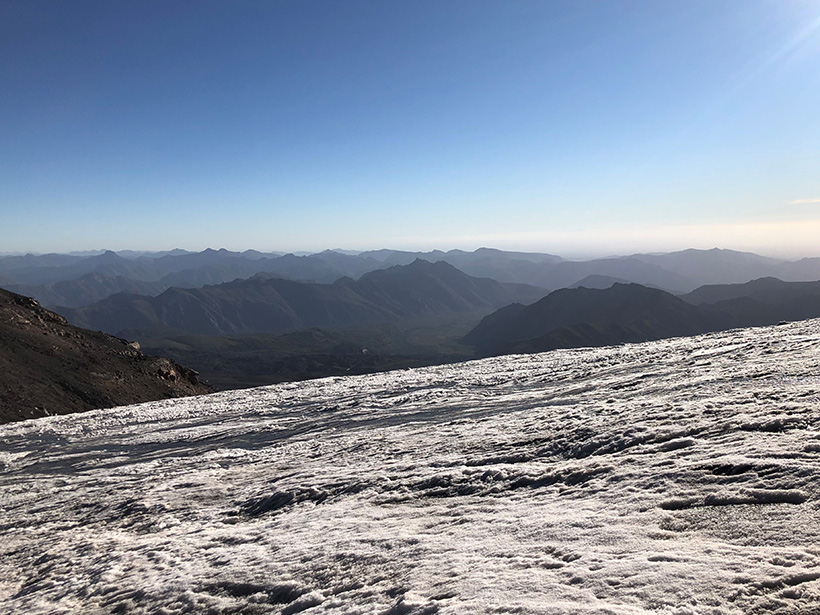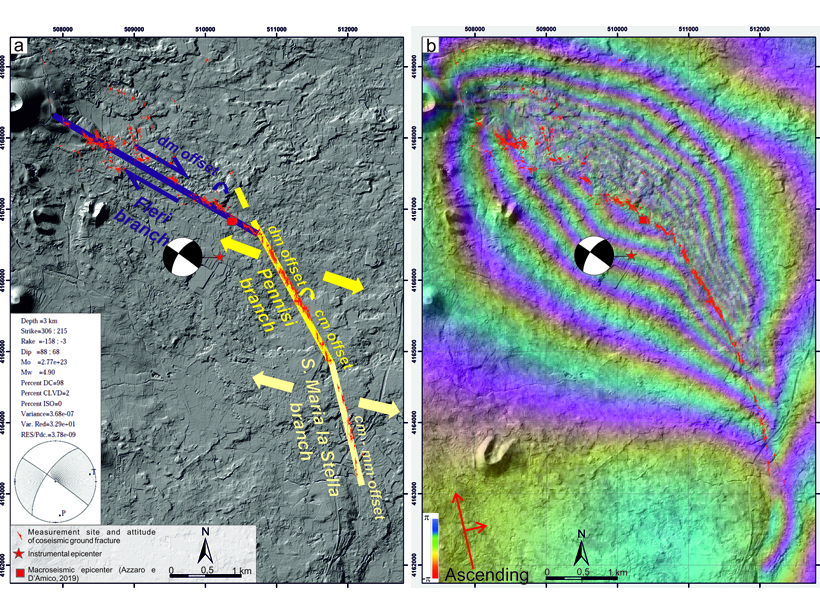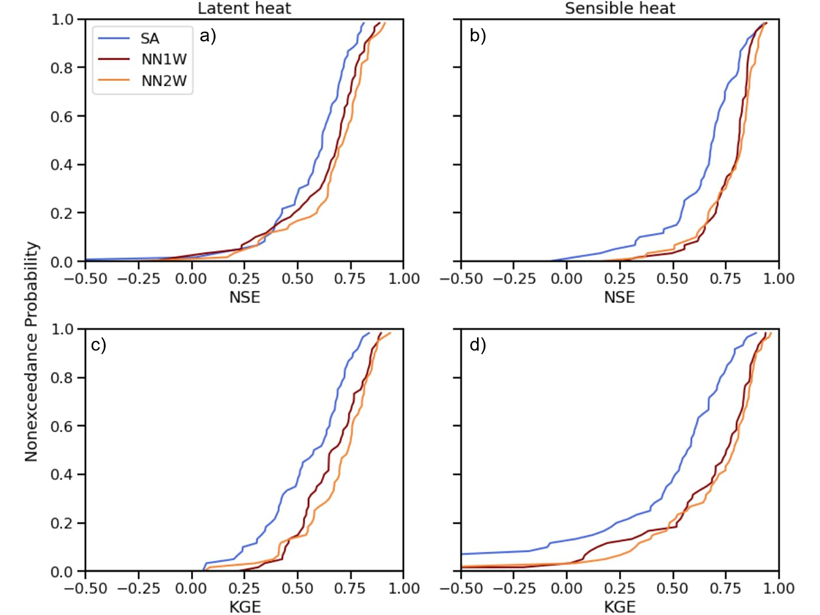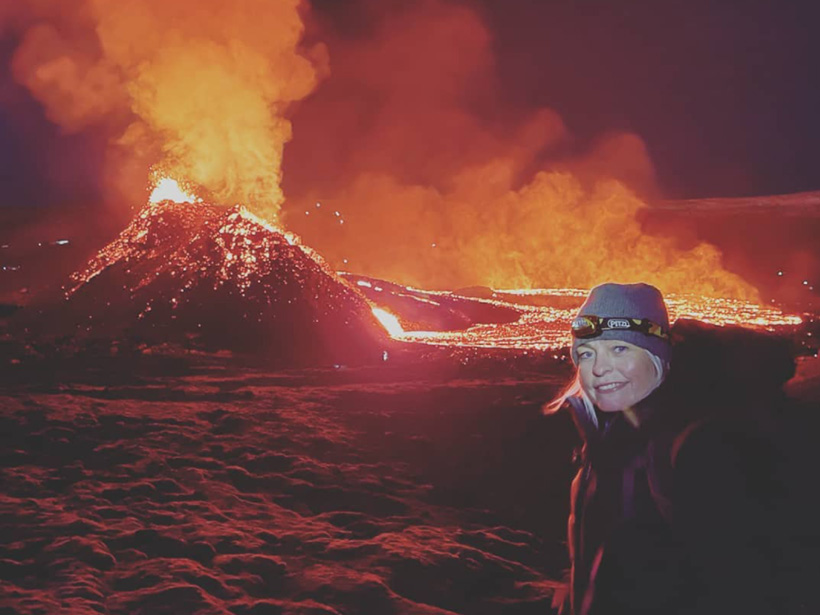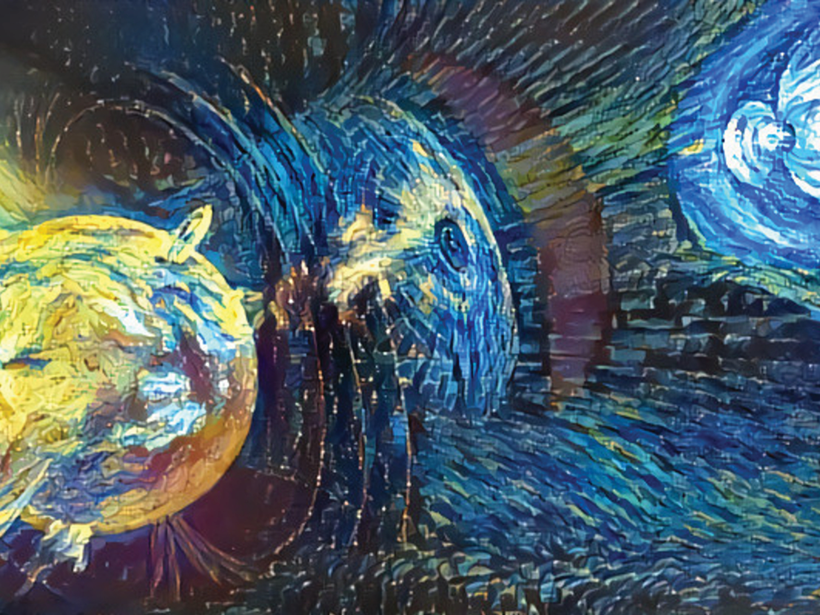The Intergovernmental Panel on Climate Change showcased 50 scenarios to limit global warming to 1.5°C above preindustrial temperatures. A new study finds that only half of those scenarios are realistic.
2021 CC BY-NC-ND
Improved Seismic Imaging Via Optimal Transport Theory
Seismic waveform inversion is inherently non-linear. New objective functions based on optimal transport theory mitigate nonlinearity yielding stable solutions without need for accurate initial models.
Chile’s Glacier Protection Law Needs Grounding in Sound Science
In the works for more than a decade, proposed legislation to protect glacial and permafrost environments in Chile suffers from uncertainties and omissions that could sow conflict instead of solutions.
Volcano—Tectonic Interactions at Etna
Mapping of a 2018 earthquake that ruptured the eastern flank of Mount Etna shows that it occurred on a tectonic lineament that predates the volcano, and the kinematics match nearby tectonic domains.
Combining Deep Learning Methods with Process-based Models
Using turbulent heat fluxes as an example, a new study shows that exchange of information between process-based models and deep learning methods may lead to improved predictions.
Uganda Advances Toward Launching Its First Satellite
A new ground station and an expanded education network will lead to the launch of a security and Earth observation satellite in 2022.
A New Model for Self-Organized Pattern Formation
Scale-dependent feedbacks in time, rather than in space, result in a new type of competition, explaining the regularly patterned landscape of Big Cypress National Preserve in South Florida.
Persiguiendo magma por la península de Reykjanes en Islandia
La Oficina Meteorológica de Islandia ha estado rastreando la agitación cerca de la erupción de Fagradalsfjall desde diciembre de 2019, mientras que investigadores en otros lugares exploran nuevos métodos para ver los enjambres sísmicos de Islandia.
Food Security Lessons from the Vikings
Scandinavian societies of the first millennium adapted their farming practices to volcano-driven climate changes.
Ten Ways to Apply Machine Learning in Earth and Space Sciences
Machine learning is gaining popularity across scientific and technical fields, but it’s often not clear to researchers, especially young scientists, how they can apply these methods in their work.



